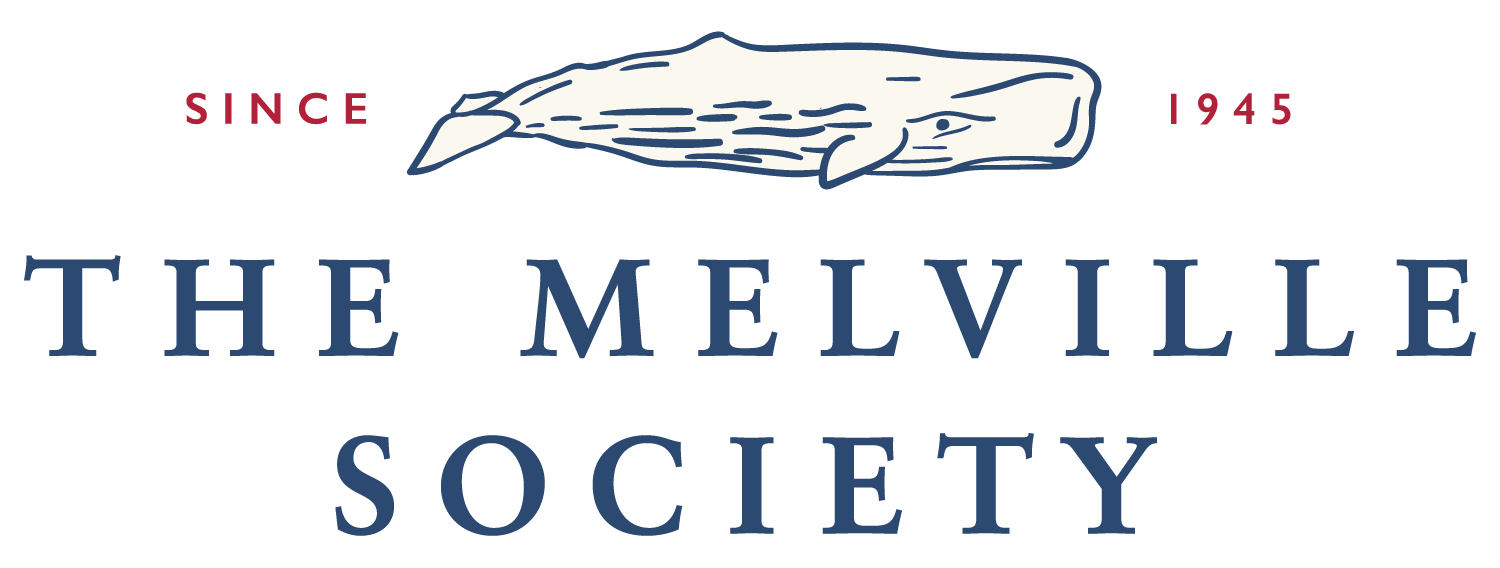Call For Papers: ALA 2022
American Literature Association, 33rd Annual Conference
Chicago, IL
May 26-29, 2022
Two guaranteed panels; see deadlines and submission details below
Burned Out and Burned Over
This panel’s theme acknowledges how many of us may be feeling right now: burned out. It takes our collective exhaustion as a starting point for investigating the various endpoints, exhaustions, and ruins ofMelville’s writing. His novels and poems are peopled by figures burned out,emotionally and physically. Through them, Melville reflects on the political,economic, and affective life of the nation, especially as the US entered and emerged out of the Civil War. Beyond the context of the nation, as work on Melville,climate, and energy by Dana Luciano, John Levi Barnard, and Jamie Jones has shown, Melville’s writings were also prescient about the ways global capitalism would develop into an “extinction-producing economy.” But “burned out” is not the only register of the panel; shifting the preposition to “over,” Melville’s writing also heralds revolutions and reinventions of the kind that came out of the “burned over” district of upstate New York and from the abolitionist movement. This dialectic between exhaustion and revolution allows this panel to think about the ends of our political and economic worlds, but also new beginnings: new geographies, infrastructures, political formations, and spiritual endeavors. How does Melville’s work imagine and reimagine the capacity for politics, religion, or law to respond to tyranny and oppression? How does Melville imagine and represent the potentialities for change, but also the limits (emotionally, physically, spiritually, economically) on such endeavors? How does capitalism, in Melville’s investigation of it, burn itself out in the far reaches of the empire?
Please submit 250-word abstracts and a short CV to Justine Murison (jmurison@illinois.edu) by January 8, 2022.
Melville and Authorship
Herman Melville repeatedly characterized authorial personae. For Melville, authorship is a “ditcher’s work,” whereby the author “dig[s] in [his] soul for the fine gold of genius.” It’s also a practice of architecture that leaves “the crane still standing upon the top of the uncompleted tower.” It’s also a kind of weapon that the author aims at a reading public, “every canto a twenty-four-pound shot.” The list goes on, but as generations of feminist scholars have shown, Melville’s authorial labor was also deeply unequal, relying on the uncompensated and unrecognized work of the women in his life. Over the past two centuries, the author has been differently characterized as a tormented genius, a commercial failure, a grieving father, an abusive husband, a poet who wrote novels, a novelist who wrote bad poems, and in the words of one reviewer: “HERMAN MELVILLE CRAZY.” Considering all this, it’s unclear whether Melville’s authorship should be understood as one thing (or even the work of one person).
This panel solicits new approaches to studying Melville and authorship, whether in terms of race, gender, sexuality, age, collaboration, market influence, or any other related approach. We invite proposals from a variety of methodologies and critical perspectives, including but not limited to book history, labor history, queer theory, gender and sexuality studies, history of the field and discipline, literary biography, critical race and ethnic studies, or the history of authorship, reading, and publishing.
Send abstracts of 200-300 words and a brief bio to Adam Fales at afales@uchicago.edu by January 8, 2022. When submitting your abstract, please include the phrase “Melville Society ALA” in the subject line of your email.
For more information on the American Literature Association 2022 conference, see https://americanliteratureassociation.org/ala-conferences/ala-annual-conference/
